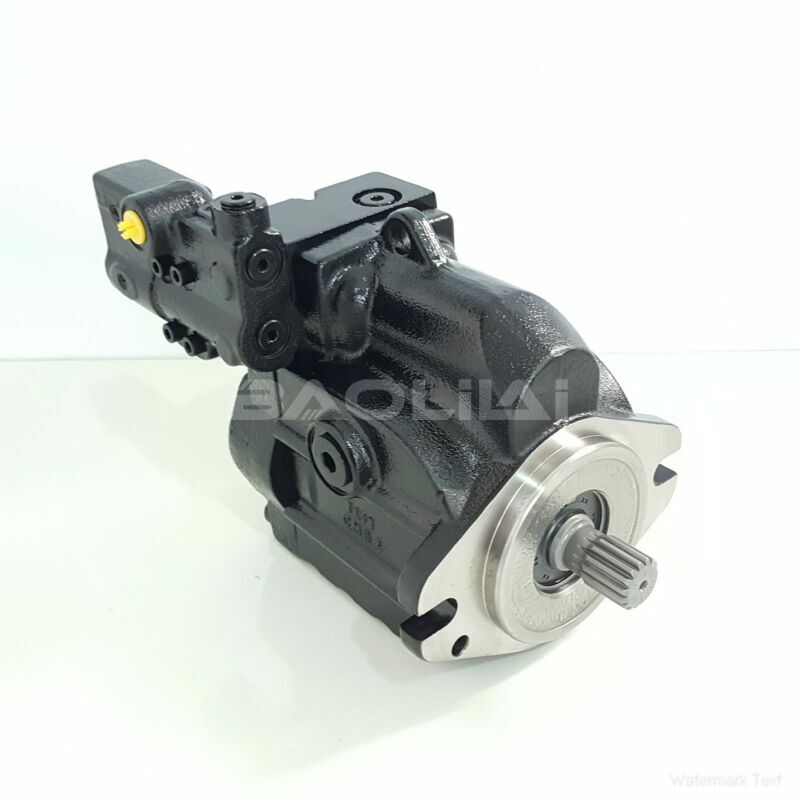KRR045DLS2120NNN3C3NFA6NPLBNNNNNN danfoss pump
KRR045DLS2120NNN3C3NFA6NPLBNNNNNN danfoss pump

- Product Details
- Applicable Scene
Hydraulic oil pumps play a critical role in high-pressure chromatography (HPLC) systems, which are widely utilized in various industries, including pharmaceuticals, environmental analysis, and food safety. The efficiency and performance of these pumps significantly influence the overall effectiveness of chromatography methods. This article explores the essential design considerations and technologies involved in developing hydraulic oil pumps suited for high-pressure chromatography systems.
KR-R-045D-LS-21-20-NN-N-3-C3NF-A6N-PLB-NNN-NNN
KRR045DLS2120NNN3C3NFA6NPLBNNNNNN
One of the primary requirements of hydraulic oil pumps in HPLC applications is the ability to generate and maintain high pressures consistently. The pumps must be capable of delivering a precise flow rate of the mobile phase at pressures often exceeding 6000 psi (413 bar). The design of these pumps must prioritize not only high performance but also reliability and minimal pulsation, ensuring a stable flow of solvents through the chromatographic column.

7004179
When designing hydraulic oil pumps, materials selection is crucial. Pumps must be constructed from corrosion-resistant materials capable of withstanding the aggressive nature of certain solvents used in chromatography. Stainless steel, ceramics, and specialized polymers are common choices that offer durability and resistance to chemical degradation, especially when dealing with organic solvents or extremes in temperature.
Incorporating advanced hydraulic technologies is essential for enhancing pump performance. For instance, the use of variable displacement hydraulic pumps can provide the flexibility needed to adjust flow rates dynamically based on the specific requirements of the chromatographic process. Additionally, incorporating intelligent control systems with feedback loops can optimize pump operation, ensuring that the desired pressure and flow rate are maintained under various chromatography conditions.
Precision engineering also plays a vital role in the design of hydraulic oil pumps. Tolerances must be meticulously controlled to minimize leaks and ensure that the internal components fit together seamlessly. Using computer-aided design (CAD) and computational fluid dynamics (CFD) simulations during the design phase can aid engineers in visualizing fluid flow and identifying potential issues before manufacturing. This approach can lead to more efficient designs that reduce energy consumption and enhance the overall efficiency of chromatography systems.
Another factor to consider is the maintenance and serviceability of hydraulic oil pumps. Given that HPLC systems are often in continuous operation, it is essential to design pumps with easy access for maintenance tasks. Implementing modular designs can facilitate quick replacements of worn components, helping to minimize downtime and prolonging the lifespan of the equipment.





